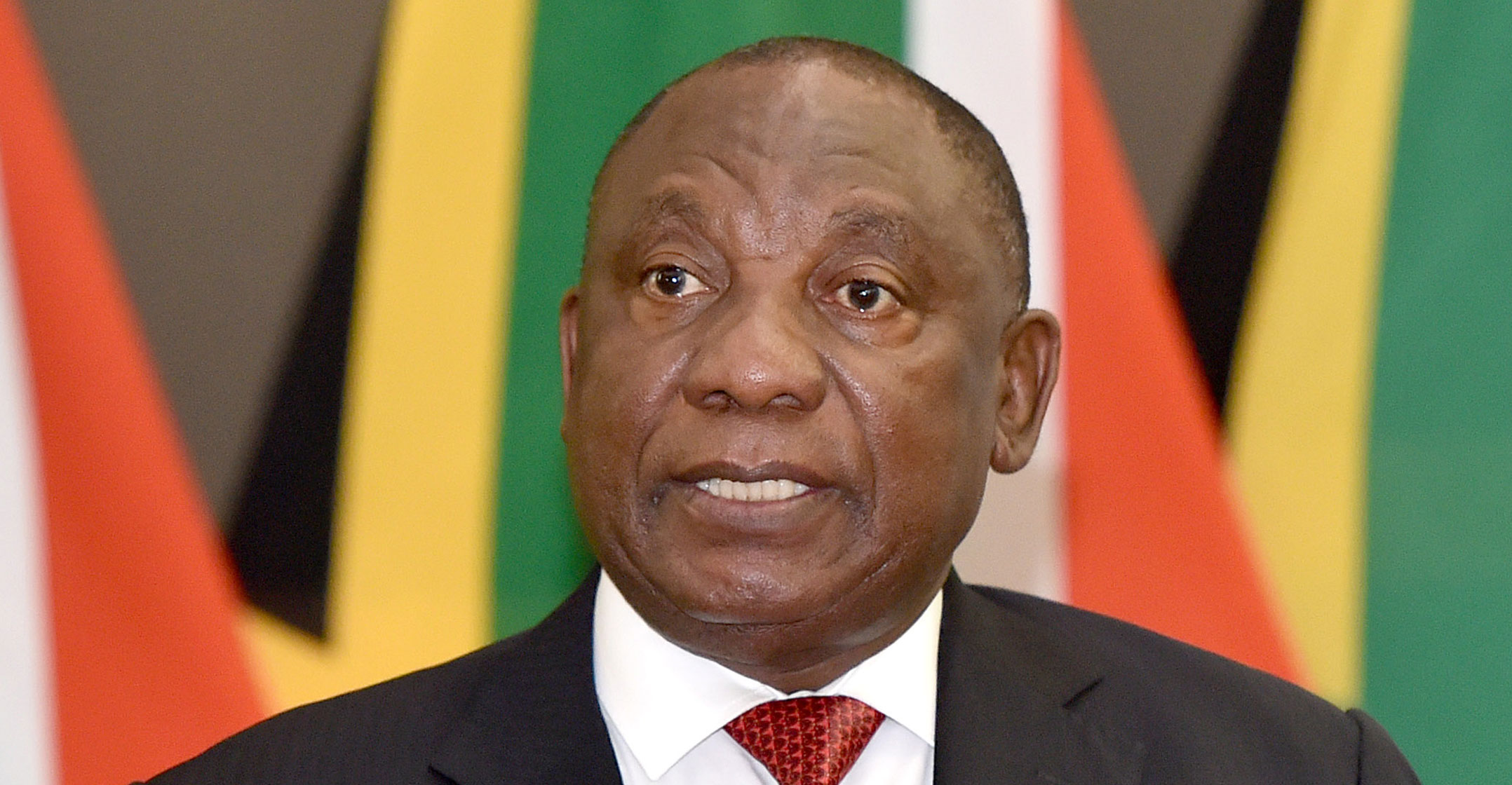
President Cyril Ramaphosa on Thursday moved to deal with the electricity supply crisis harming the South African economy. He has announced a partial liberalisation of the sector by lifting the limit on self-generation of power from 1MW to 100MW.
The move, which includes the ability to sell excess capacity into the grid, is expected to take pressure off state-owned electricity utility Eskom — although not immediately — as private companies use the amended regulations to build their own power generation plants.
The significant shift in the amount of electricity that can be self-generated – mineral resources & energy minister Gwede Mantashe had wanted to lift the cap from 1MW to only 10MW – should eventually help reduce, if not eliminate, the load shedding that is holding back economic growth.
“The energy shortfall is a major risk to our economy,” Ramaphosa said in a televised address. “Energy security is one of the priority interventions in our economic recovery plan.”
The president said reducing the risk of load shedding is “our single most important objective in reviving growth. There is no economy that can grow substantially without energy security.”
‘Significant shortfall’
He said the restructuring at Eskom, aimed at improving the performance of its power stations, improving its efficiencies and reducing its mountain of debt, is “positive”. However, it’s not enough to deal with the “significant energy shortfall that threatens our economy recovery” from the Covid-19 pandemic.
The amended regulations will exempt generation projects up to 100MW in size from the embedded licensing requirements of energy regulator Nersa, whether or not these projects are connected to the grid.
Watch Ramaphosa’s full address (visuals c/o SABC):
“This will remove a significant obstacle to investment in embedded generation projects,” Ramaphosa said. He said private power projects will also be allowed to “wheel” the electricity they produce across the grid, subject to connection agreements with Eskom and the relevant municipalities. Prospective generation projects will still need to obtain grid connection permits to ensure they meet all requirements for grid compliance. They’ll also have to register with Nersa and comply with existing legislation. — © 2021 NewsCentral Media




